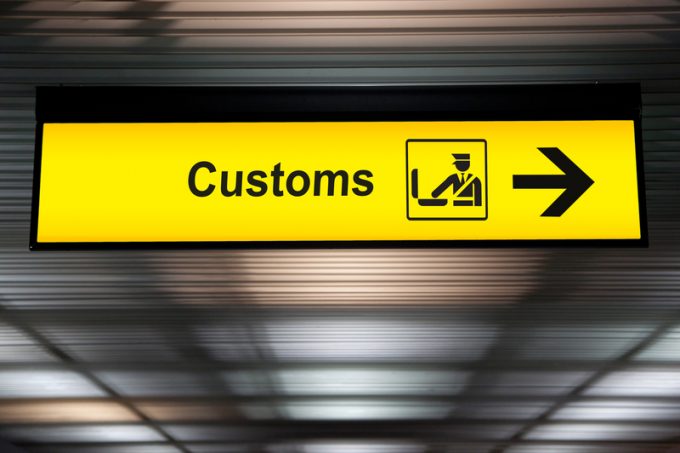Descartes acquires 3GTMS in $115m cash deal
PRESS RELEASE March 25, 2025 07:00 ET Strengthens Transportation Management Capabilities for Shippers and Logistics Services Providers WATERLOO, ...

UK freight industry sources are becoming increasingly anxious that roll-out of the country’s recently introduced Customs Declaration System (CDS) is not quick enough and could throw the country’s international trade into chaos in the event of a no-deal Brexit.
At the recent annual general meeting of ...

Comment on this article
David Maughan
October 19, 2018 at 2:55 amAustralia had a similar catastrophe back in 2005 with the introduction of an integrated cargo system . It made most brokers white haired..
History lessons are rarely learned by Governments!
Brendan Tout
October 19, 2018 at 3:01 amReading your article about the (non) roll out of your new customs clearance system made me feel like I was in a time warp…..back to Australia 2005..13 years ago!
The same factors that we put up with then you are experiencing now. No one listening to the people who had to bring it all together to make it work. The lowly customs broker. The sheer arrogance of the “experts” in government who could not be told that they had got it wrong and then the “experts” sitting on their hands when it went pair shaped. Cost the Australian government (ie: Us taxpayers) a fortune in compensation. Get your lawyers ready to move.